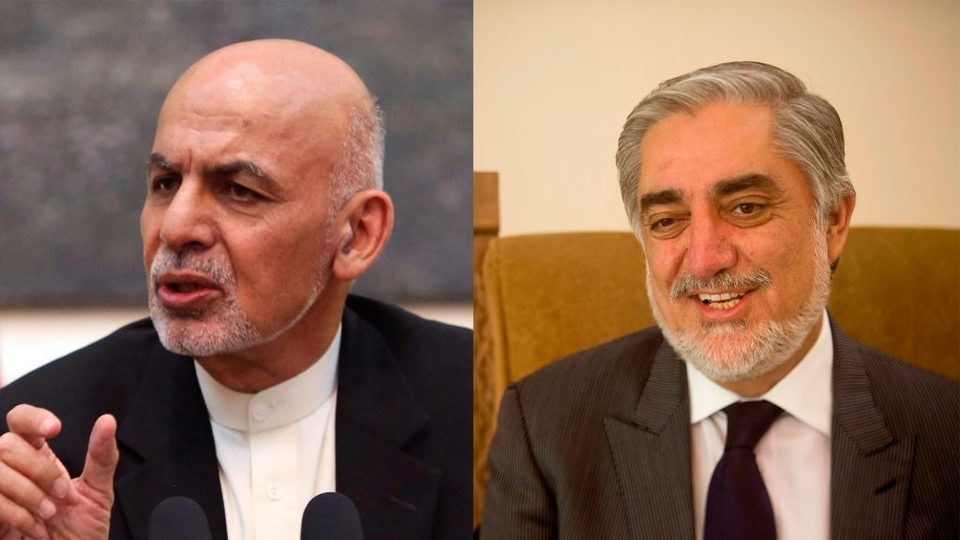The preliminary results of the September 28 presidential elections in Afghanistan were finally announced by the Independent Election Commission on Sunday, December 22. According to the delayed results, the incumbent president, Ashraf Ghani, is slated to win with 50.64% votes. His nearest rival, Abdullah Abdullah, received 39.52% of the votes.
The elections, originally scheduled in April, were held amid boycott calls given by the Taliban, which controls a substantial part of the country, and by opposition voices who had also called for the elections to be delayed. The Taliban has refused to recognize the government and the electoral process in Afghanistan, calling it illegitimate. Several opposition leaders, including ex-president Hamid Karzai, had also demanded the postponement of the elections. When the election was finally held, only 1.9 million out of the 9.6 million registered voters participated. This was around 20% of the total registered voters. The previous presidential election in 2014 had seen a voter turnout of around 60%. Afghanistan has a population of more than 35 million.
Tthe results, announced two months after the due date (October 19), have also invited allegations of widespread fraud from the opposition. After their publication, three of the candidates, including Abdullah Abdullah and Gulbuddin Hekmatyar, who came third with just 3.85% of the votes, have stated that they will challenge the interim results. According to the electoral law in Afghanistan, candidates can challenge the preliminary results within three days of its publication. The final results can only be announced after those challenges are disposed.
Abdullah Abdullah had disputed the election results in 2014 as well. As a compromise, he was made the chief executive of Afghanistan under Ashraf Ghani’s president-ship.
Claims of widespread fraud and rigging have always been part of the election process in post-Taliban Afghanistan. The so-called democratic process in the country, started under the occupation of the US-led NATO, has failed to win much popular support. The political parties in Afghanistan and their leadership, mostly former or current warlords, are seen as corrupt, surviving on the explicit support of the occupying forces.





